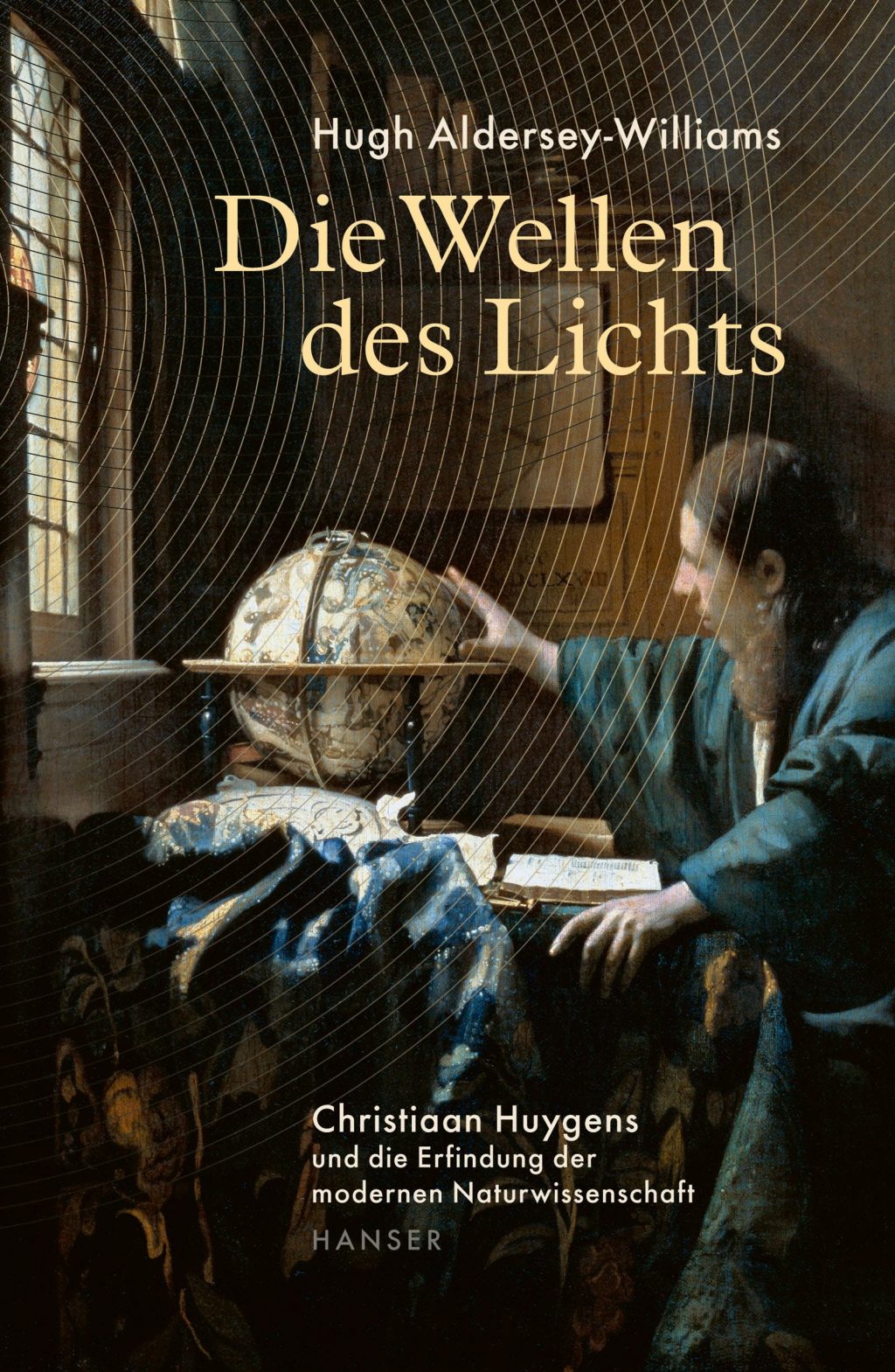The Dutchman Christian Huygens was one of the geniuses among the naturalists of the seventeenth century – perhaps even the only person who could stand the comparison with Isaac Newton. His important work falls on the same fields: mathematics, astronomy, physics, especially mechanics and optics. Famous and respected in his lifetime, his notoriety faded over the centuries. Author Hugh Aldorsey Williams, for example, rightly complains that Huygens has so far received little appreciation in general—even if not in his own country. Through his book “Waves of Light” he would like to do justice to Huygens’ importance in the invention of modern natural science.
The golden age of the Netherlands
The researcher grew up in a wealthy educated family in The Hague, in the “golden age” of the Netherlands. He studied mathematics in Leiden and already excelled there in squaring of cones and preliminary work in calculus. He is also considered one of the founders of calculating probability.
Like many, he was heavily influenced by Descartes’ philosophy, but broke with physics from his purely rationalist view. Huygens himself sharpened the lenses and made the telescopes with which he discovered the rings of Saturn. He also discovered that this planet, like Earth, has a moon. He formulated the law of gravitational force through experiments with circular motion and pendulums. In his opinion Descartes did not appreciate the empirical method sufficiently – yet he remained attached to its mechanistic view of the world.
Huygens also explained light on a mechanical basis. The principle of elementary waves named after him is still covered today in every textbook on optics. The Dutchman based his research on simple and numerically measurable physical principles. Based on Galileo’s work, he found quantitative solutions to special problems. A special feature of his work is theoretical research in mathematics and mechanics combined with an interest in technology and machines, i.e. practical application and invention at the same time. One example is the development of the pendulum clock, which made him the founder of accurate physical time measurement.

“Explorer. Communicator. Music geek. Web buff. Social media nerd. Food fanatic.”







More Stories
A fossilized creature may explain a puzzling drawing on a rock wall.
MrBeast Sued Over ‘Unsafe Environment’ on Upcoming Amazon Reality Show | US TV
Watch comets Lemmon and SWAN approach Earth today